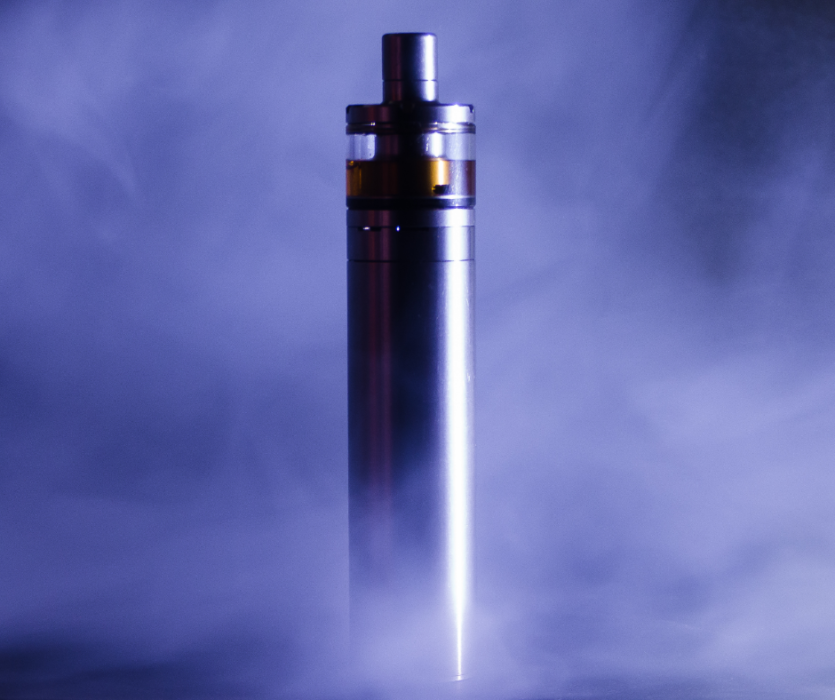
Gov. Gretchen Whitmer’s ban on flavored vaping products is no more — at least for now — after a Court of Claims judge blocked the state enforcing the emergency rules.
Judge Cynthia Diane Stephens ruled Tuesday that Marc Slis, owner of 906 Vapor, presented a “compelling case” and the injunction issued will “preserve the status quo so that a final hearing can be held without either party having been injured.”
“We are very pleased with the result and we’re looking forward to a full trial on the merits,” said Lansing-based Honigman attorney Kevin Blair, who represents Slis and A Clean Cigarette Corporation.
Whitmer and the Attorney General’s office both said they will ask the court to place the case on hold while they appeal the judge’s decision directly to the Supreme Court.
Whitmer called the decision “wrong,” saying it “misreads the law and sets a dangerous precedent of a court second-guessing the expert judgment of public health officials dealing with a crisis.”
Although selling vape products to minors is illegal, Whitmer ordered all flavored vaping products off the shelves, citing concern the products were being marketed toward children and Chief Medical Executive Dr. Joneigh Khaldun’s finding that youth vaping constitutes a public health emergency.
“I took bold action last month to protect public health, and several states and the White House have followed Michigan’s lead because they know how urgent this is,” Whitmer said.
Under the state’s Department of Health and Human Services’ emergency rules, retailers who sold, gave, transported or otherwise distributed with intent to sell a flavored vapor or nicotine product could have been charged with a misdemeanor punishable by up to six months in jail and a $200 fine.
The emergency rules could have stayed in place for six months, which could be extended for an additional six months before having to follow the regular rulemaking process to remain in place.
Stephens’ order is effective “until further order of this court.”
Slis and A Clean Cigarette filed separate suits in state courts while Mister E-Liquid filed a suit in federal court seeking to overturn the ban. In September, Stephens and the federal judge denied requests for a temporary restraining order.
Stephens reiterated her denial on Oct. 1, saying Slis hadn’t sufficiently proven that irreparable harm would occur if the ban went into effect. She also consolidated A Clean Cigarette’s suit with Slis’.
After hearing testimony earlier this month, Stephens now holds that Slis, 906 Vapor and A Clean Cigarette have established a “loss of goodwill . . . amounting to irreparable harm.”
Stephens noted that both companies lost customers after shuttering their businesses due to the emergency rules. She also noted that A Clean Cigarette would have to completely rebrand itself and the emergency rules would destroy the business as it currently exists.
“This is a significant loss of goodwill that cannot be compensated by economic damages,” Stephens wrote.
The judge also noted that the plaintiffs showed a likelihood their lawsuits could succeed on the merits, noting the state had information it used in finding the emergency in its possession at least as early as February, and in some instances earlier, and the state could have chosen to go through the normal rulemaking process.
Andrea Bitley, spokesperson for Defend MI Rights Coalition, said the organization agrees that the rules are “invalid.”
“We are pleased today that the court saw the ban of flavored vaping products for what it truly is: an overreach of government into the lives of adults,” she said in a statement. “We are ready to work through the normal legislative process to arrive at a balanced solution that protects the rights of adults to use vaping products as an alternative to combustible cigarettes and at the same time get these products out of the children’s hands.”